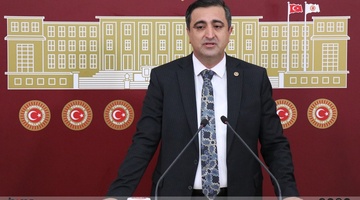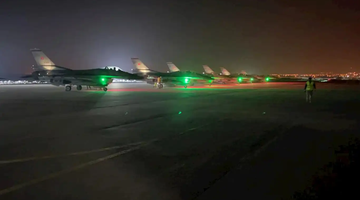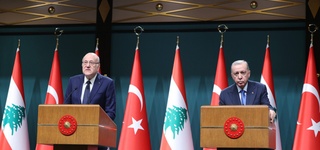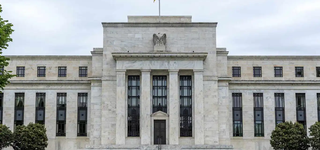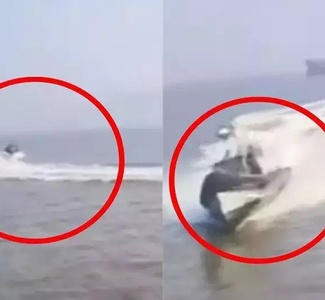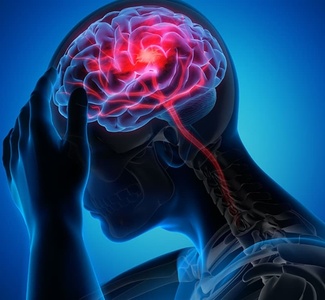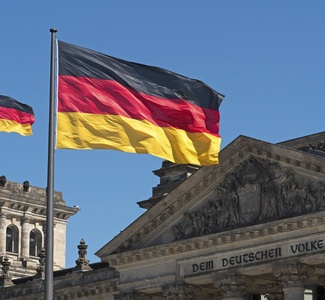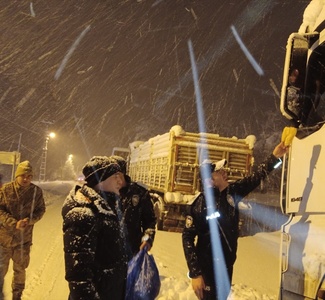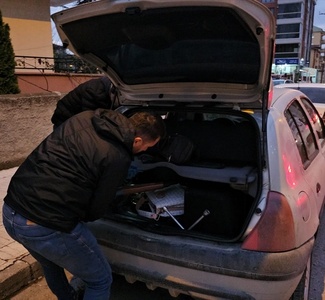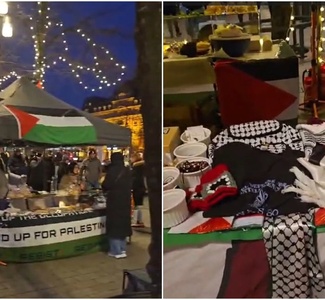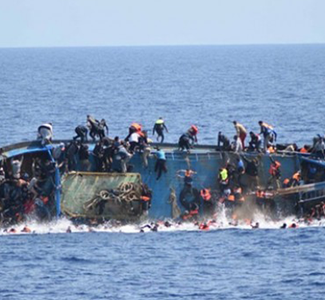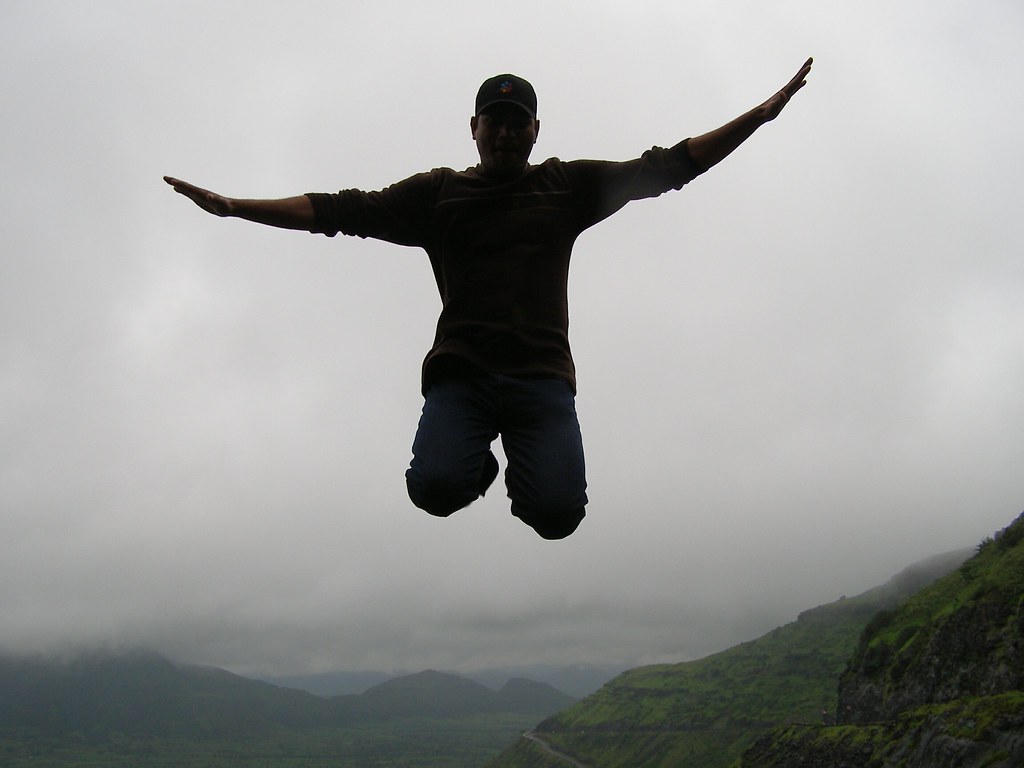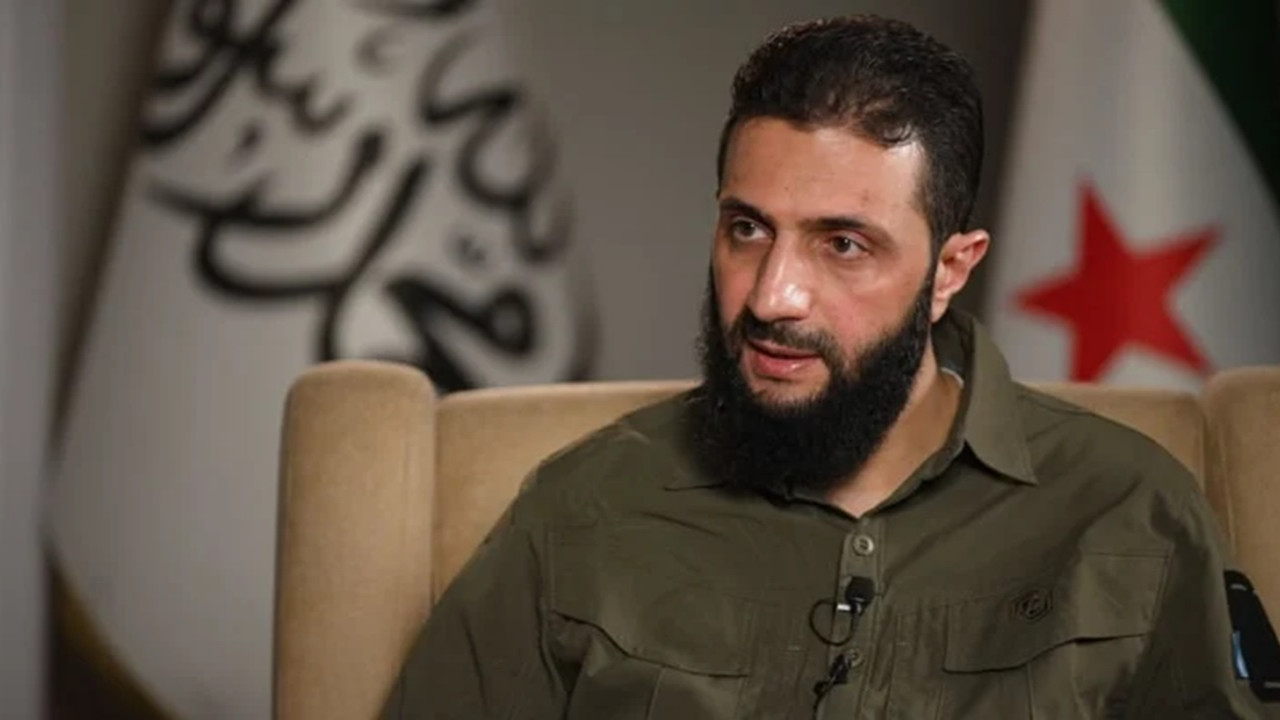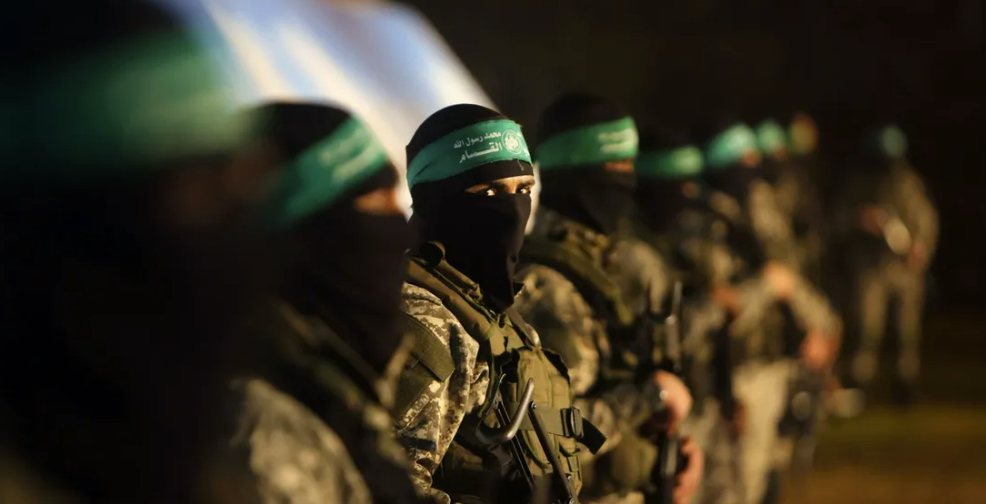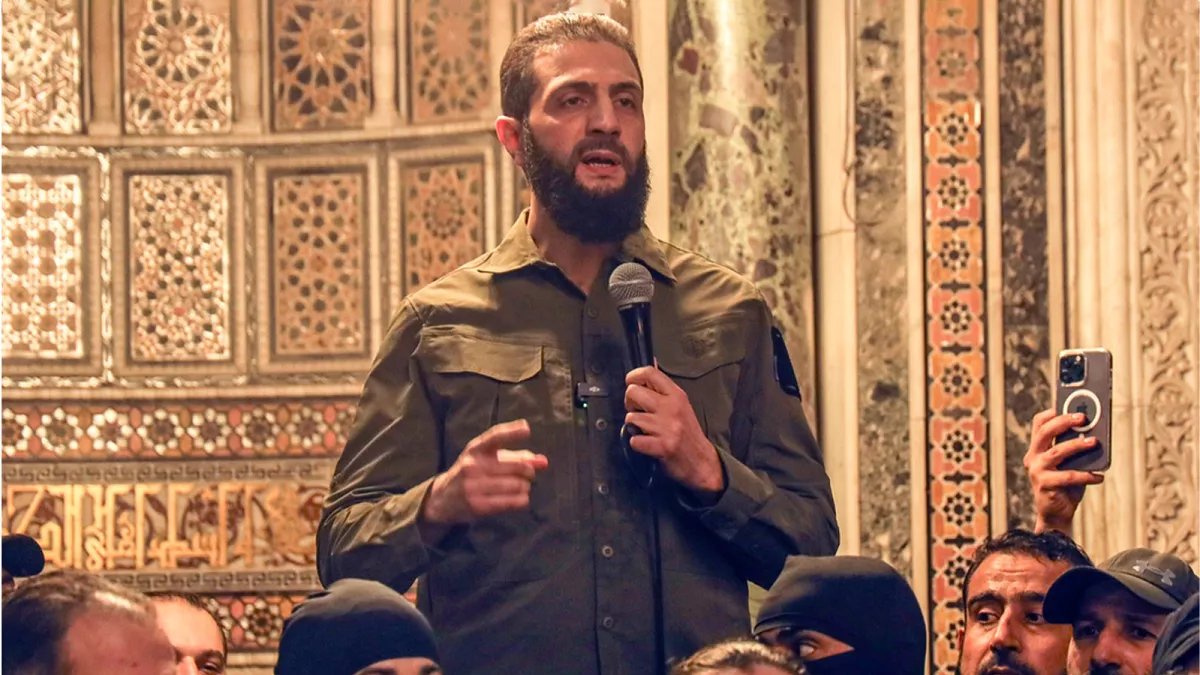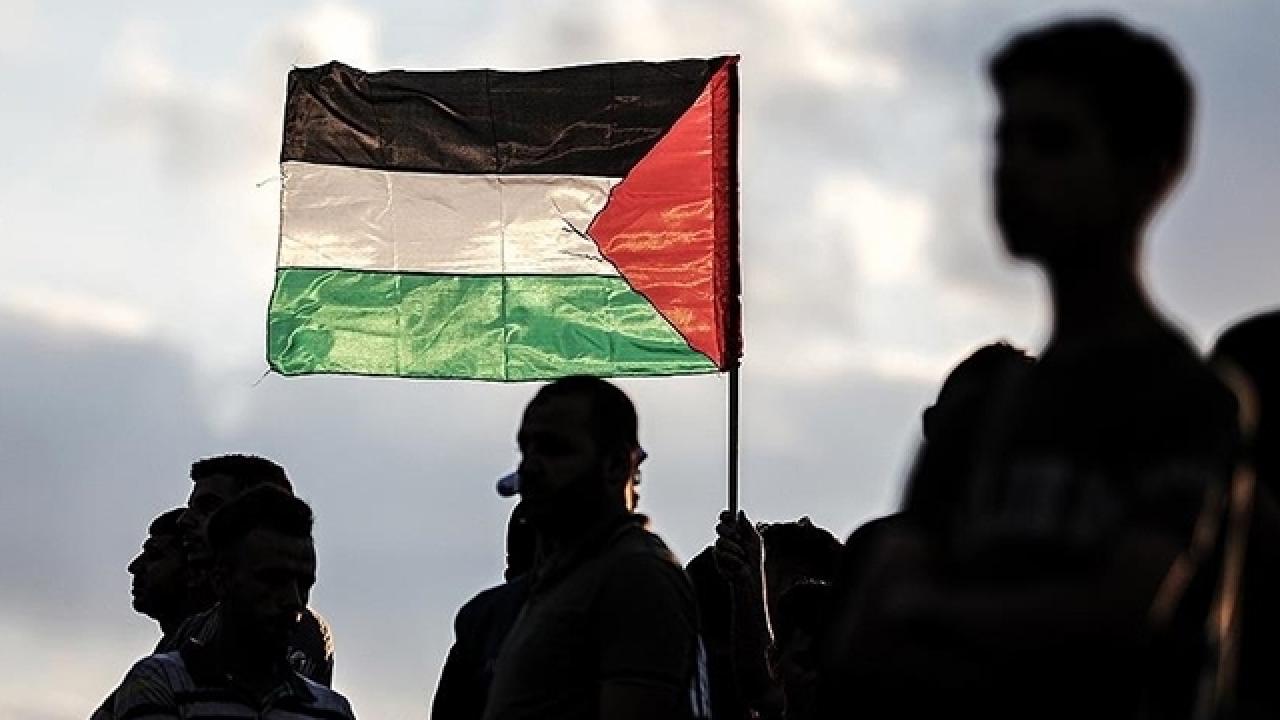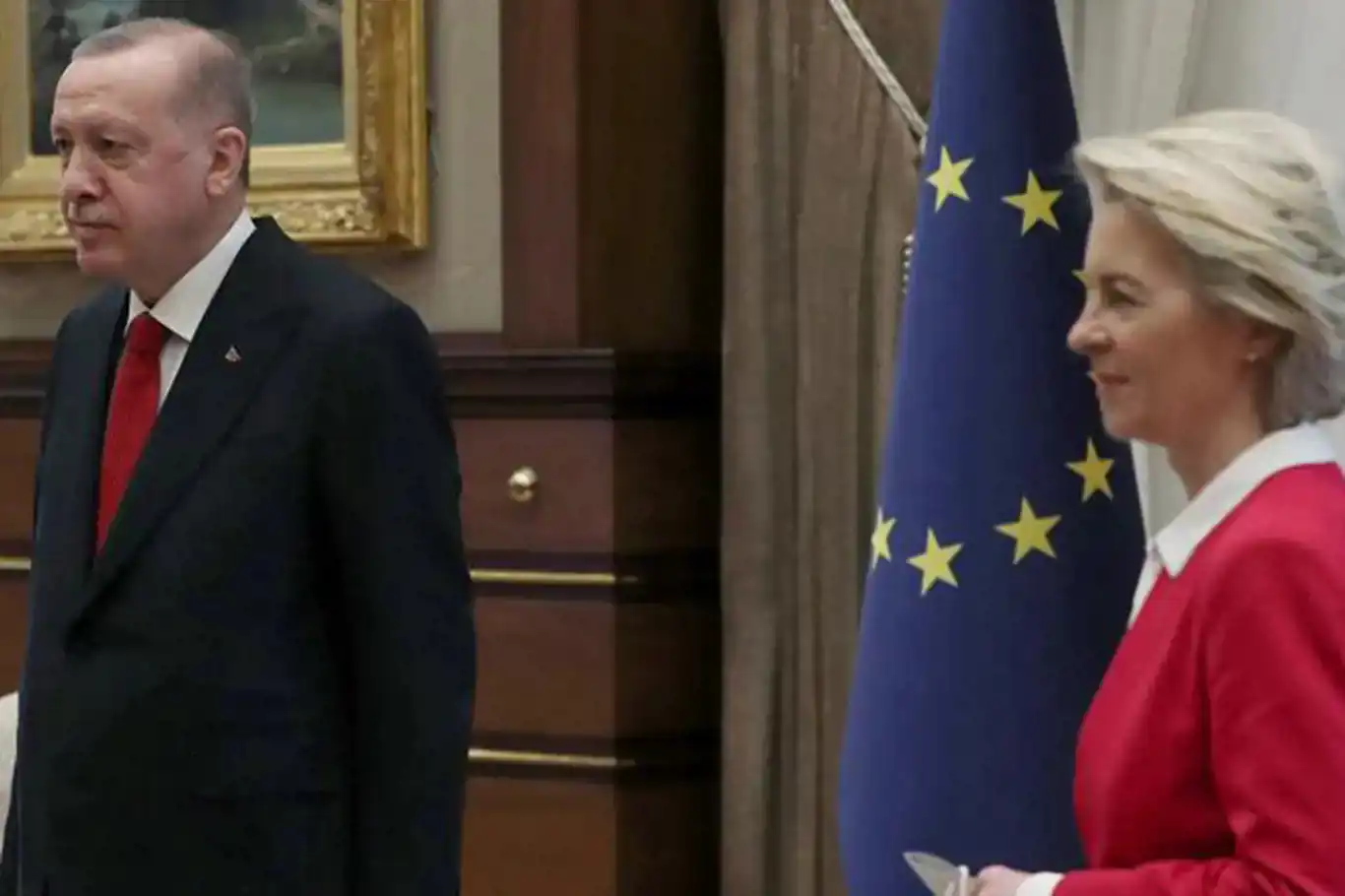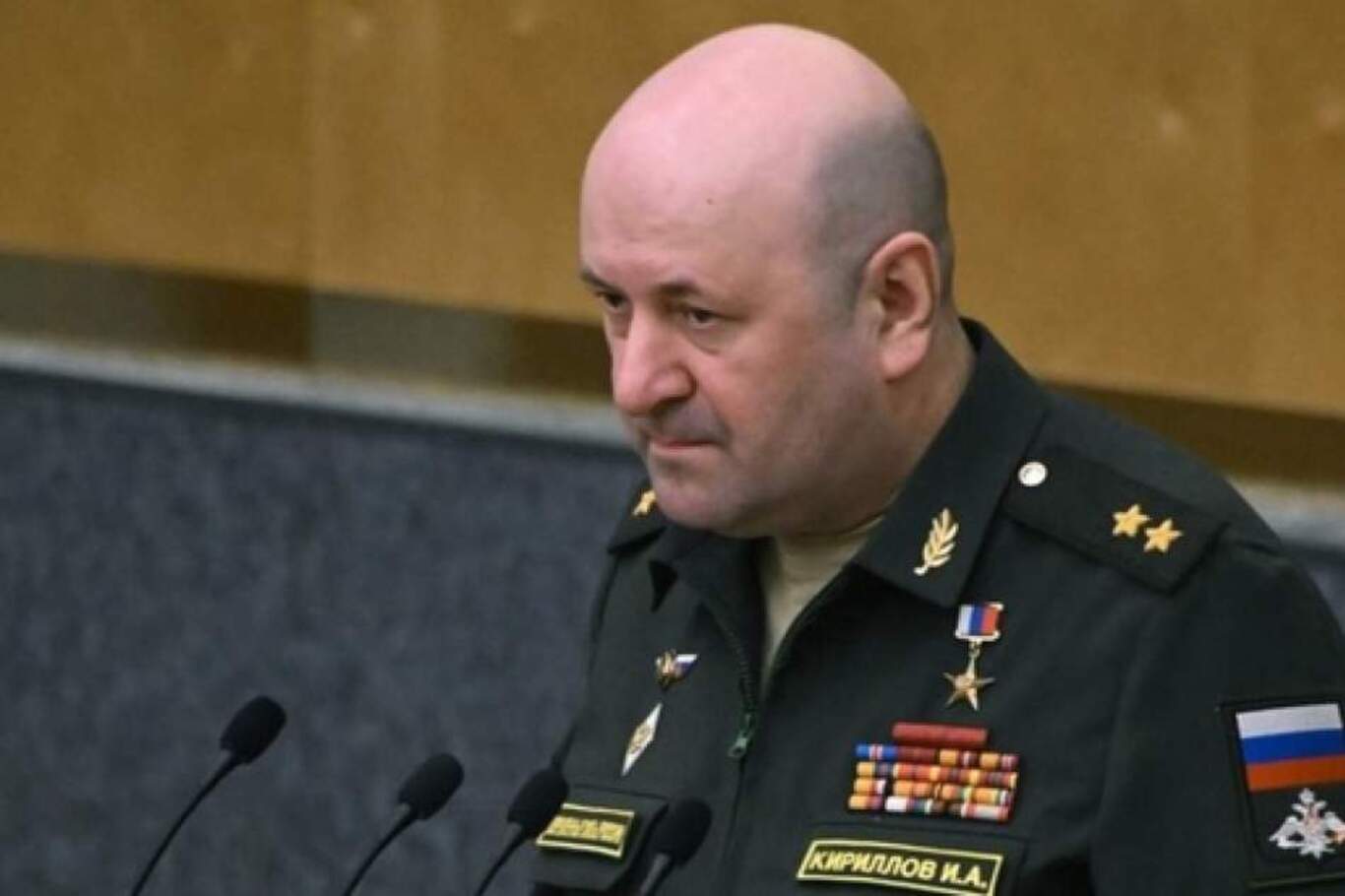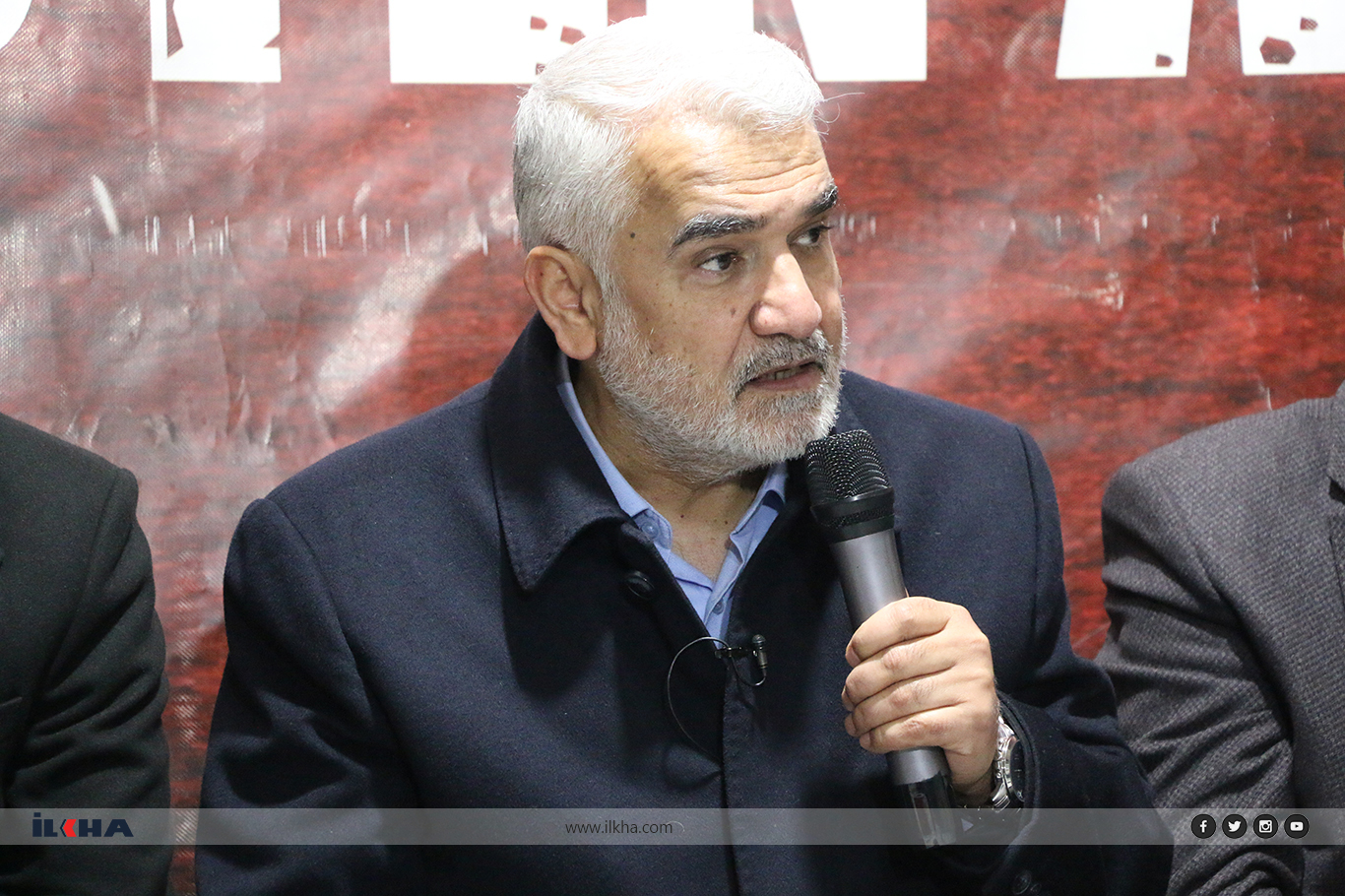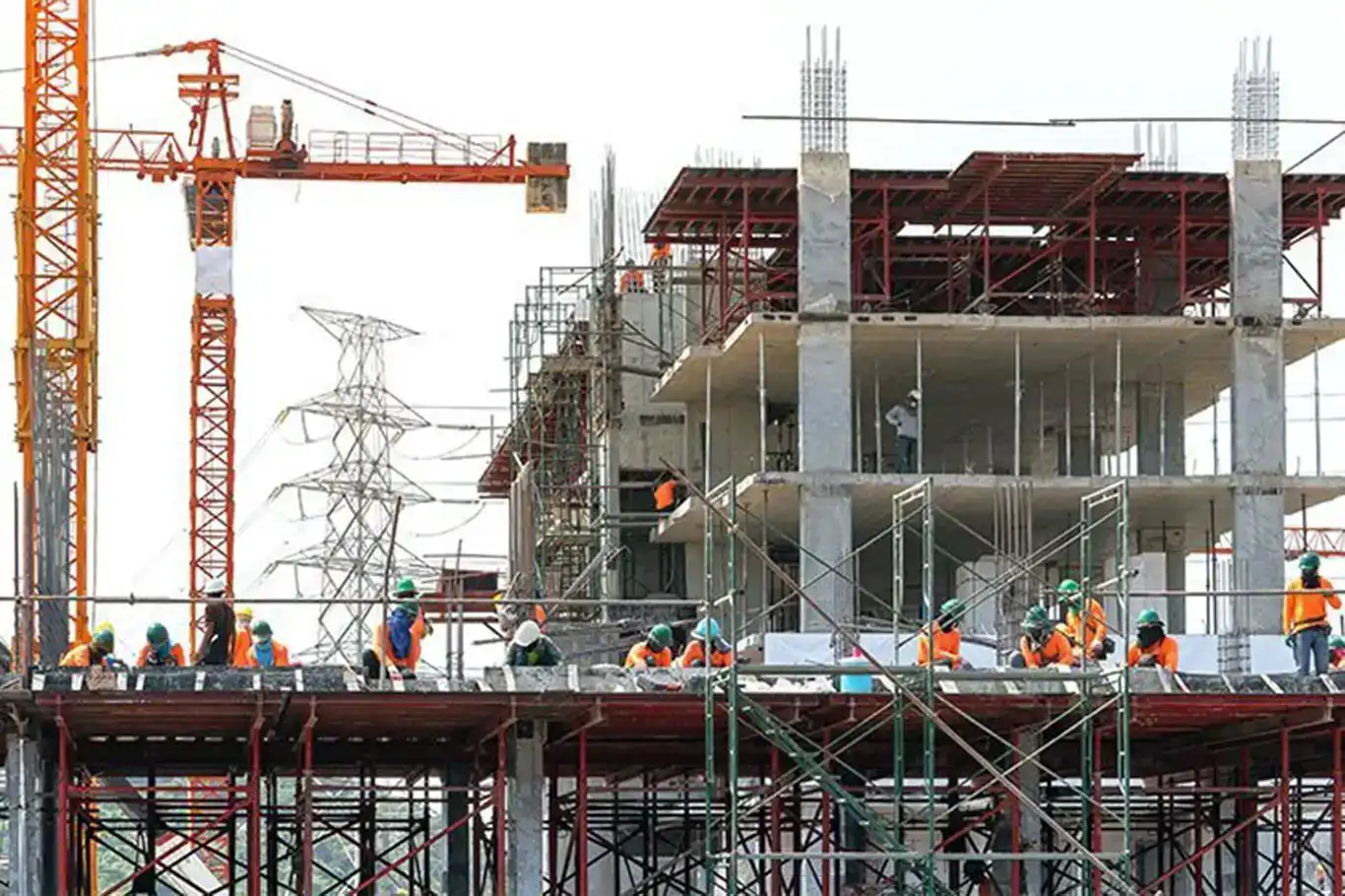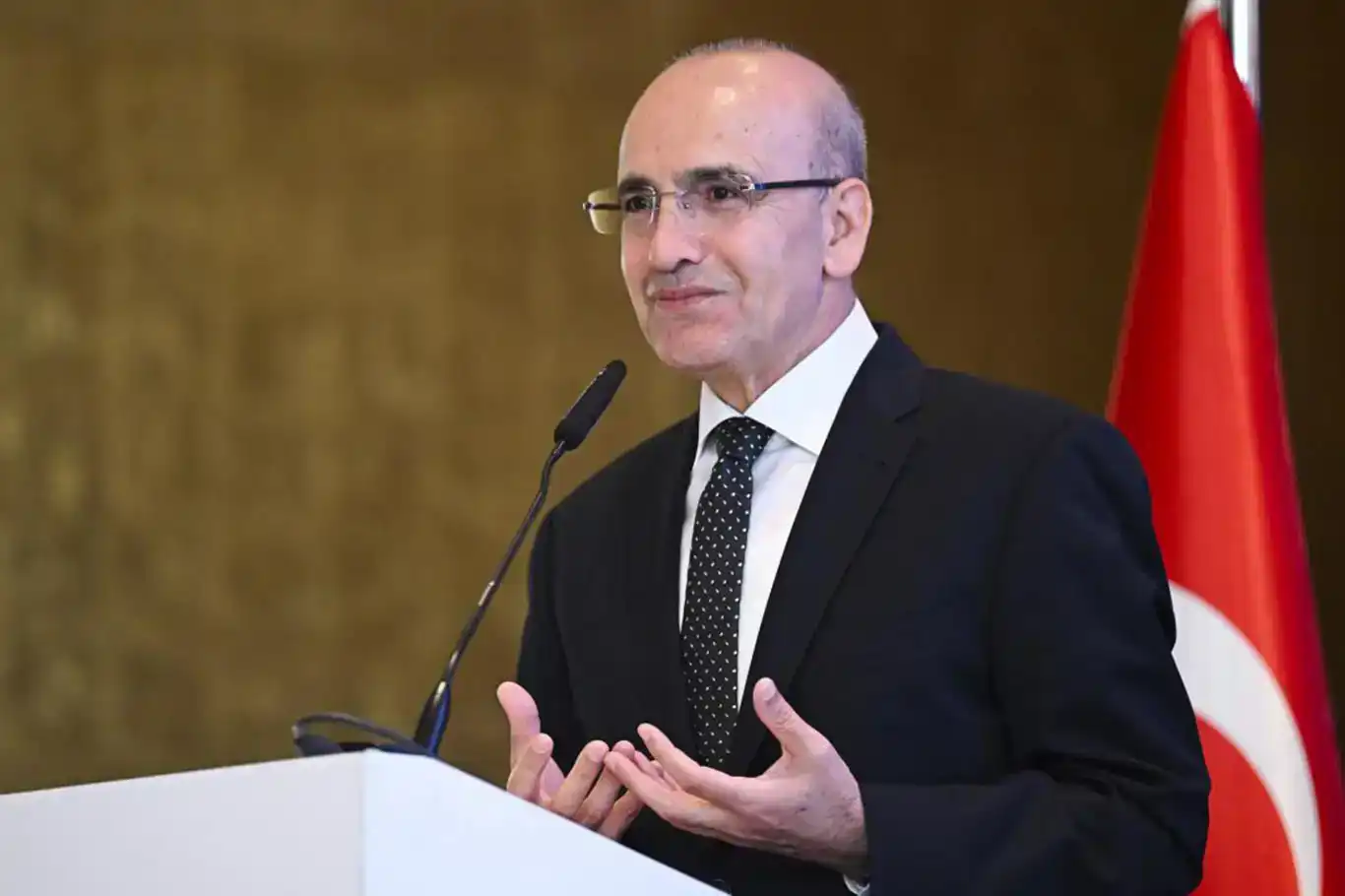Hezbollah’s Sheikh Naim Qassem declares victory inevitable against Israeli-U.S. aggression
Hezbollah's Deputy Secretary General, Sheikh Naim Qassem, delivered a powerful speech vowing that the resistance will ultimately triumph over Israel’s aggression and U.S. interference in the region.

 Google News'te Doğruhaber'e abone olun.
Google News'te Doğruhaber'e abone olun. Framing the ongoing conflict as part of a broader struggle against occupation and imperialism, Sheikh Qassem reaffirmed Hezbollah’s unwavering support for the Palestinian cause and condemned Israel’s actions as part of a larger American scheme for domination in the Middle East.
Sheikh Qassem began by invoking the legacy of Hezbollah’s martyred leader, Sayyed Hassan Nasrallah, whose leadership he described as the guiding force behind the movement’s resistance. "Your positions are our constitution, your words are the light of our path," Qassem said, emphasizing that Hezbollah’s commitment to Nasrallah’s vision remains firm. He underscored that Nasrallah’s enemies, particularly Israel, fear his influence, seeing it embodied in every fighter and supporter of the resistance.
According to Sheikh Qassem, Israel is not merely an occupier of Palestinian land but an expansionist entity that threatens the entire region. He warned that Israel's ambitions extend far beyond the borders of Palestine, posing a threat to Lebanon and other neighboring countries. Backed by the United States, which Sheikh Qassem called the "Great Satan," Israel’s crimes are carried out with impunity, protected by the overwhelming political and military support it receives from Washington.
For Hezbollah, Lebanon's fate is intricately tied to that of Palestine. Sheikh Qassem declared that the ongoing Palestinian struggle, including the recent Al-Aqsa Flood Operation, is not just a Palestinian issue but a regional one, spanning decades of resistance against occupation. He argued that supporting the Palestinians is a matter of justice, framing Hezbollah’s stance as one of moral righteousness: “Our support for the Palestinians is support for justice, as the Palestinians are rightful owners.”
Qassem criticized foreign powers for attempting to pressure Hezbollah into halting its support for Gaza, pointing out that the very existence of the Israeli project depends on U.S. backing. "If it weren’t for America, ‘Israel’ would not have been able to maintain its current control," he remarked, accusing the U.S. of seeking to impose a new Middle East order in the image of Israeli interests.
The Hezbollah deputy leader rejected accusations that the resistance movement is part of an “Iranian project,” insisting instead that the movement is driven by the Palestinian cause, supported by free people across the region. Iran’s support for the Palestinians, Qassem said, is a source of pride, bolstering the resistance’s strength against Israeli occupation. He further warned that unless Israel is confronted directly, it will continue to achieve its expansionist goals, reiterating that Hezbollah’s mission is to defend Lebanon and the region from this aggression.
Hezbollah, according to Sheikh Qassem, fights a “resistance with conditions,” targeting Israeli military forces while Israel indiscriminately kills civilians, including children and the elderly. He framed Hezbollah’s military actions as defensive, stressing that its strikes are aimed at protecting future generations from Israeli occupation. "When we bear sacrifices and cause pain to ‘Israel,’ we protect generations for decades and centuries to come," Qassem emphasized, reinforcing Hezbollah’s long-term commitment to resistance.
Sheikh Qassem described Israel’s project as fundamentally destructive, aimed at eliminating the resistance and subjugating the people of the region. Despite Israel’s attempts to cripple Hezbollah’s capabilities—particularly through targeted strikes against its leadership—Qassem assured supporters that the movement remains strong, bolstered by the solidarity of Hezbollah, the Amal Movement, and the Lebanese people.
Since the outbreak of hostilities on September 17, Hezbollah has entered a new phase of direct confrontation with Israel, according to Qassem. He highlighted the resistance’s recent successes on the battlefield, noting that Israeli forces have already sustained significant casualties. Hezbollah’s strategy, he explained, is to engage Israeli forces wherever they advance and to continue inflicting pain on the enemy through missile strikes and other military operations. “Since last week, we have established a new equation called the equation of inflicting pain on the enemy, and missiles will reach Haifa and beyond as desired by the leader,” Qassem declared.
The Hezbollah leader further warned that, as Israel targets all of Lebanon, the resistance has every right to respond by targeting any point within Israeli territory. He also issued a stark warning to Israeli settlers, urging them to push for a ceasefire, as more Zionist settlements are likely to be evacuated if the war continues. Sheikh Qassem predicted that hundreds of thousands, if not millions, of settlers could be in danger as the conflict escalates.
Addressing the Lebanese people, Sheikh Qassem emphasized national unity in the face of Israeli aggression. He asserted that Israel’s policies are disrupting life for all Lebanese, while the resistance is defending the nation. “Together, we will stand strong,” Qassem said, urging his compatriots not to place their hopes in outside actors who might seek to weaken the country’s internal cohesion.
He concluded his address with a message of hope to the displaced Lebanese, promising that they will return to their homes once victory is secured. "Victory comes with patience," Qassem said, echoing Nasrallah’s earlier promises. He reassured the people that Hezbollah is already preparing to rebuild homes and lives, restoring Lebanon to a state of dignity and peace after the conflict ends.
Sheikh Naim Qassem’s speech reflects Hezbollah’s deep-rooted commitment to resisting Israeli occupation and U.S. imperialism in the Middle East. His address reinforced the movement’s narrative that the Palestinian cause is a regional struggle for justice, and that Hezbollah, alongside Iran and other regional allies, will continue to support Palestine until the occupation is ended. As the conflict intensifies, Hezbollah's leadership remains resolute in its belief that victory is not only possible but inevitable. (ILKHA)




























